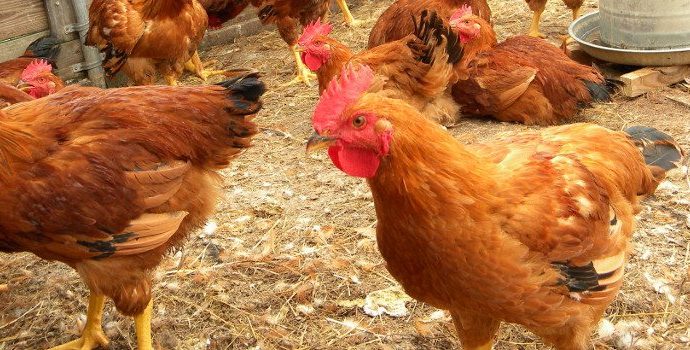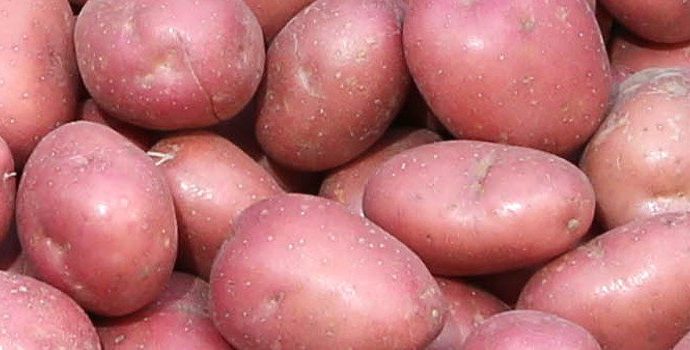Climate Figures Show Emission Efficient Growth of the Agri-food Sector – IFA

IFA’s Environment Chairman Harold Kingston has described recent greenhouse gas figures produced by the EPA as “proof of the agri-food sector’s carbon efficient growth, with emissions declining by 9% since 1990, while exports from the sector grew for the sixth consecutive year to €10.8billion.”
However, he cautioned that the next Government must ramp up its commitment to the continued sustainable development of the agri-food sector and delivery of 2020 emission reduction obligations by delivering on the following measures:
- Full recognition of the positive contribution of forest and grassland sinks when counting overall emissions from the sector.
- The introduction of robust renewable heat and renewable electricity schemes, which provide an adequate price support and encourage community participation in renewable energy.
- The adoption of a green energy procurement policy, which sets specific usage targets of indigenous renewable energy in public buildings.
Commenting on the on-going discussions regarding Ireland’s 2030 emission reduction target he said, “Important discussions are currently taking place between all EU Member States, which will determine the emission reduction obligations for farming, transport and other sectors. It is essential that Ireland now delivers on the commitment received at the October 2014 Heads of Government meeting, which recognises that emission reduction targets must not impact on agriculture’s other obligations. These are to produce food, fuel and energy while protecting and enhancing the environment.
Harold Kingston concluded by restating Ireland’s global leadership position as sustainable producers of food, which must now deliver a return to the many farm families currently enduring challenging farming conditions and market conditions.




